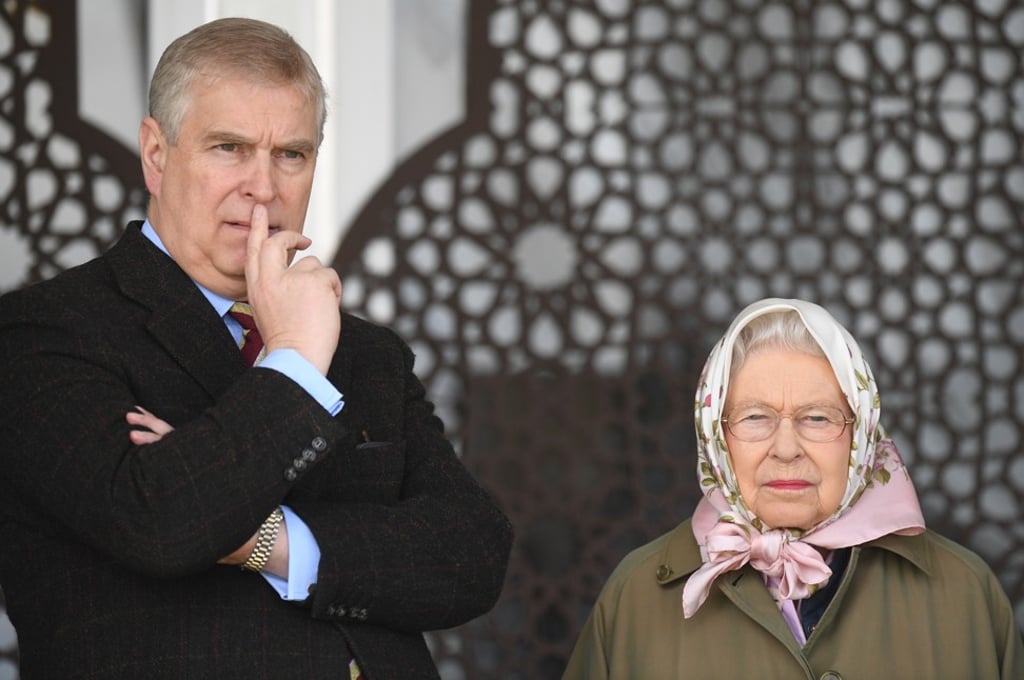What do Kanye, Trump and Prince Andrew have in common? Perhaps a slight cognitive bias
The world seems to be suffering from an outbreak of the Dunning-Kruger effect, whereby people think they’re far smarter than they really are

If you were expecting the usual ramshackle scribblings from me about nothing in particular before a jarring pivot to hot watch chat, well, I’ve got news for you. It seems the market for watches in Hong Kong, and thus for hot watch chat, has – how do I put this charitably? – well, it’s gone a bit pear-shaped. Over the past six months, Hong Kong has lost its crown as the world’s No 1 market for Swiss watch exports to the United States of all places, and you don’t need me to rehash the reasons why.
After much agonising, I figured I would focus the first column on the bouts of impostor syndrome the whole idea of writing a column has engendered in me – that feeling when you doubt your abilities and have a constant sense of dread that you will be called out as a fraud.
To be honest, I do feel like an impostor when it comes to this columnist lark, which is one of the major reasons I demurred. To be a good columnist, you have to offer interesting commentary and strident opinions. And while I’m world class at that in a pub setting, with people I can reliably call friends, I do often wonder, even as I write this, whether in a more formal arena my words matter. After all, hot watch chat was low stakes.

But, looking around the world at the moment, especially at those leading us, it seems that impostor syndrome has been all but cured. It appears we are living in the golden age of the Dunning-Kruger effect – a cognitive affliction as expounded by social psychologists David Dunning and Justin Kruger whereby people think they are far smarter than they are and cannot recognise their own incompetence owing to an inflated sense of ego and inappropriate levels of confidence.